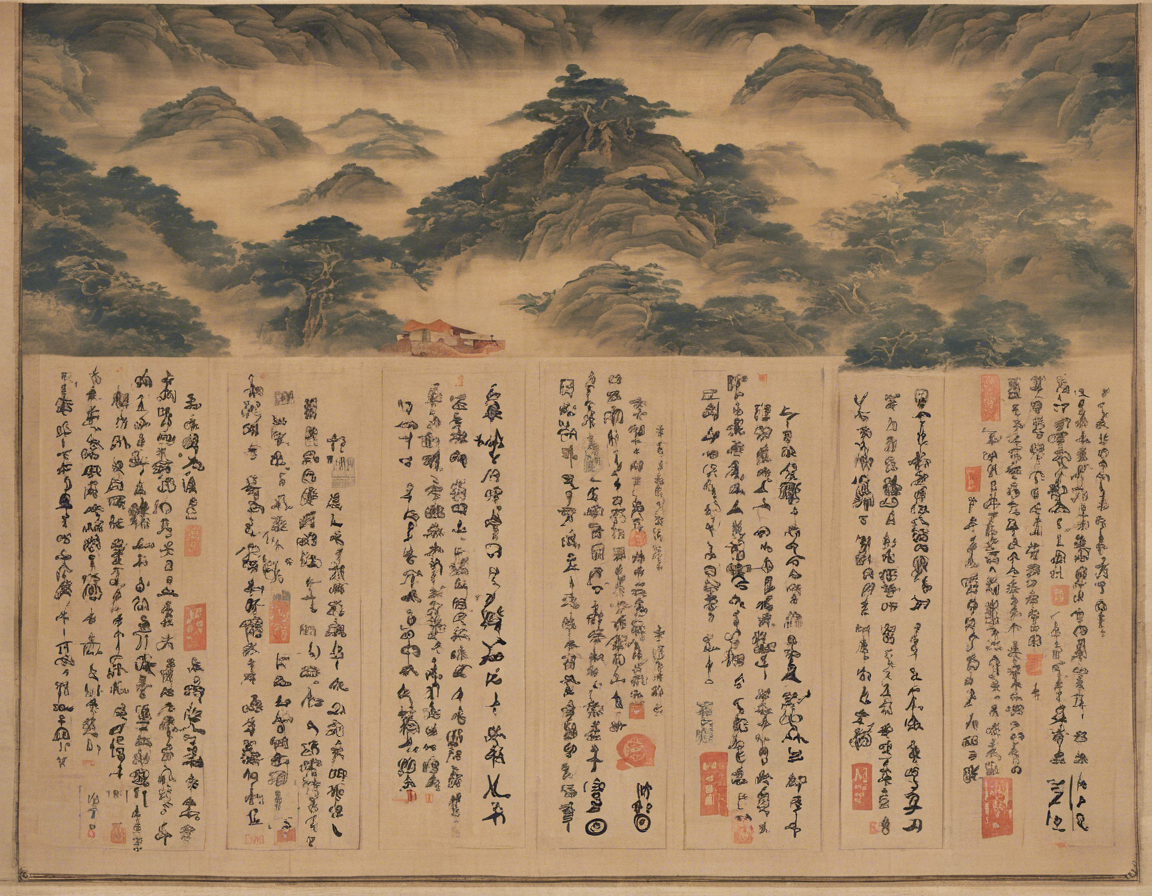Understanding the Roots of Michaung
In the world of Burmese culture, art, and literature, “Michaung” holds a significant place. Originating from the Pali word “Mitra,” meaning friend or companion, Michaung in Myanmar signifies a gathering place, typically a teashop. However, its essence transcends the literal meaning, embodying a profound sense of camaraderie, cultural exchange, and intellectual discussions.
The Role of Michaung in Burmese Society
In Burmese society, Michaungs serve as vital social hubs where individuals from all walks of life convene to engage in conversations, debates, games, and storytelling over cups of sweet Burmese tea. These informal settings foster connections, nurture friendships, and facilitate the exchange of ideas, making them integral to the fabric of Myanmar’s social landscape.
Aesthetic Appeal of Michaung
The rustic charm of a Michaung lies in its simple yet inviting ambiance. Typically adorned with wooden furniture, colorful plastic stools, and dimly-lit with traditional lanterns, Michaungs exude a cozy and welcoming vibe. The aroma of freshly brewed laphet yay (fermented tea leaf salad) and the melodious clinking of tea cups create a sensory feast for visitors.
Cultural Significance of Michaung
Beyond being mere tea shops, Michaungs symbolize the spirit of community, hospitality, and intellectual exchange in Myanmar. Here, people engage in diverse discussions ranging from politics and current affairs to literature, philosophy, and local folklore. The egalitarian nature of Michaungs transcends social barriers, allowing individuals to freely express their opinions and learn from one another.
Michaung and Literary Tradition
For Burmese writers and intellectuals, Michaungs have long been an inspirational haven where ideas are born, stories are shared, and creativity flourishes. Many renowned authors and poets have drawn inspiration from the vibrant atmosphere of these teashops, infusing their works with the essence of Michaung culture.
Preservation of Michaung Heritage
In today’s rapidly evolving world, the traditional Michaung culture faces the threat of modernization and changing social dynamics. As Western-style cafes and digital platforms gain popularity among the younger generation, there is a pressing need to preserve and celebrate the unique heritage of Michaungs.
Revitalizing Michaung for the Future
To ensure the continuity of Michaung culture, initiatives are underway to revitalize and reimagine these timeless teashops. By incorporating modern amenities, organizing cultural events, and enticing younger audiences, Michaungs can evolve while staying true to their roots.
Cherishing Michaung Memories
For those who have experienced the charm of a Michaung, the memories forged within its walls remain etched in their hearts. The laughter shared, the stories woven, and the bonds formed in these humble settings embody the essence of Burmese warmth and hospitality.
Frequently Asked Questions (FAQs) About Michaung:
- What is the history behind the tradition of Michaungs in Myanmar?
-
Michaungs have been an integral part of Burmese culture for centuries, dating back to the royal courts where they served as meeting places for artists, scholars, and intellectuals.
-
What are the typical beverages and snacks served in a Michaung?
-
Sweet Burmese tea, laphet yay (fermented tea leaf salad), samusas (stuffed pastries), and traditional Burmese sweets are commonly served in Michaungs.
-
How do Michaungs foster intellectual discussions and cultural exchange?
-
Michaungs provide a platform for individuals to engage in conversations on various topics, ranging from literature and philosophy to current affairs, fostering a vibrant exchange of ideas.
-
Are there any famous writers or artists who frequented Michaungs in Myanmar?
-
Many renowned Burmese writers, poets, and artists have drawn inspiration from Michaungs, using these teashops as creative sanctuaries to fuel their works.
-
How can one support the preservation of Michaung heritage?
-
Supporting local Michaung businesses, participating in cultural events, and spreading awareness about the importance of these teashops can contribute to the preservation of Michaung heritage.
-
What sets Michaungs apart from modern cafes and social gathering spaces?
-
Michaungs are characterized by their traditional charm, informal setting, and focus on community engagement and cultural exchange, distinguishing them from modern cafes.
-
Do Michaungs play a role in shaping Burmese societal norms and values?
-
Yes, Michaungs serve as spaces where social norms are discussed, cultural values are reinforced, and solidarity among diverse communities is strengthened.
-
How have Michaungs adapted to modern times to attract younger audiences?
-
Some Michaungs have introduced Wi-Fi, live music, and hip decor to appeal to younger generations while retaining the essence of traditional Burmese teashops.
-
What can tourists expect to experience in a traditional Michaung in Myanmar?
-
Tourists can immerse themselves in the rich cultural heritage of Myanmar by visiting Michaungs, where they can savor authentic Burmese cuisine, engage in intellectual discussions, and witness the vibrant local culture.
-
Why are Michaungs considered cultural treasures in Myanmar?
- Michaungs are cherished for preserving age-old traditions, fostering intergenerational connections, and serving as cultural landmarks that reflect the heart and soul of Myanmar’s social fabric.
